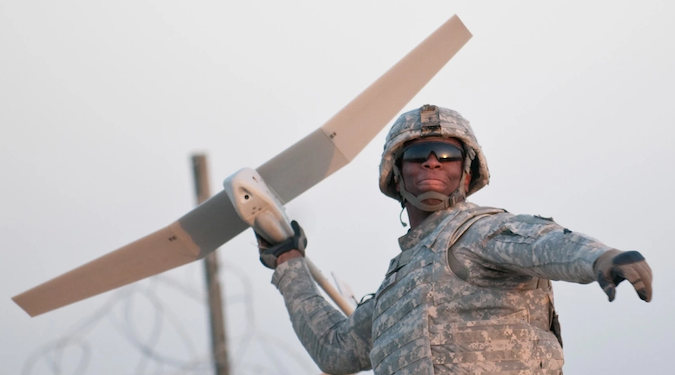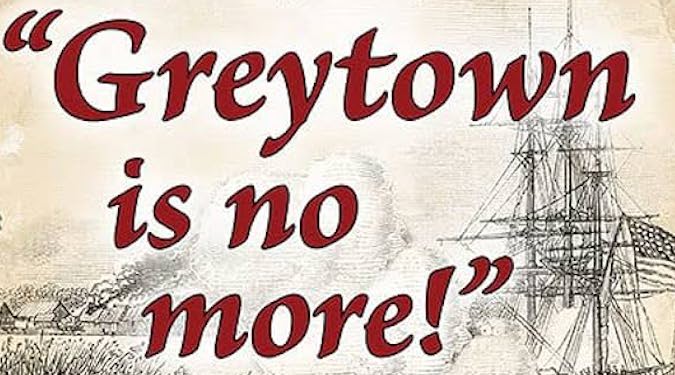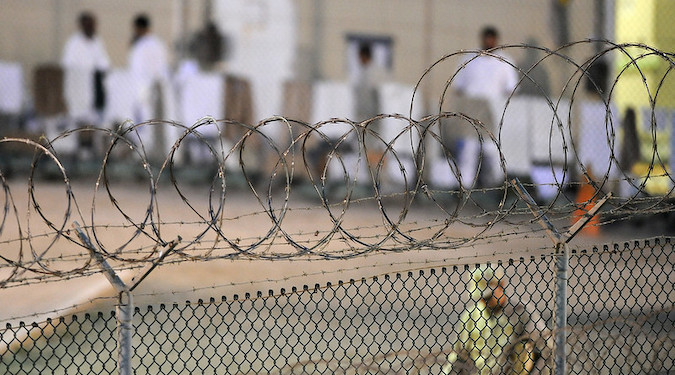In this book review of Paul Lushenko and Shyam Raman’s The Legitimacy of Drone Warfare: Evaluating Public Perceptions, Joseph Chapa examines how the authors purport to do four things: 1) deliver empirically verifiable differences in how citizens of various countries perceive the legitimacy of drone warfare (in this case, the US and France); 2) offer… Continue reading The Legitimacy of Drone Warfare: Evaluating Public Perceptions
Category: Military Law
Will Soper Responds to Tyler Smotherman’s Review of “Greytown Is No More!”
I have read Tyler Smotherman’s review of my book, Greytown Is No More! I am much buoyed by the many positive passages to be found throughout its 17 pages. I wish to thank the reviewer, Tyler Smotherman, JNSLP Managing Editor Todd Huntley, and Editor-in-Chief William C. Banks for their efforts. I would like to take… Continue reading Will Soper Responds to Tyler Smotherman’s Review of “Greytown Is No More!”
Commissions Impossible: How Can Future Military Commissions Avoid the Failures of Guantanamo?
Aaron Shepard endeavors to examine the roots of the failures of the Guantanamo military commissions and suggest potential solutions to remedy them. His paper begins with an introduction to the concept of military commissions, including a brief overview of their historic utilization and import. It then provides a detailed background on Guantanamo Bay, covers the… Continue reading Commissions Impossible: How Can Future Military Commissions Avoid the Failures of Guantanamo?



